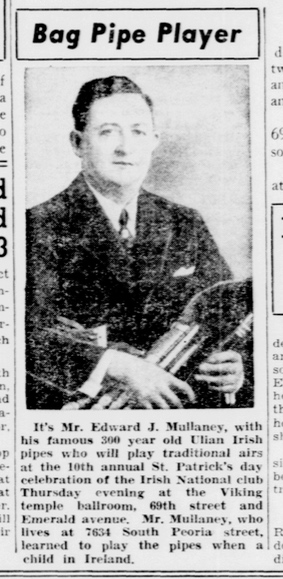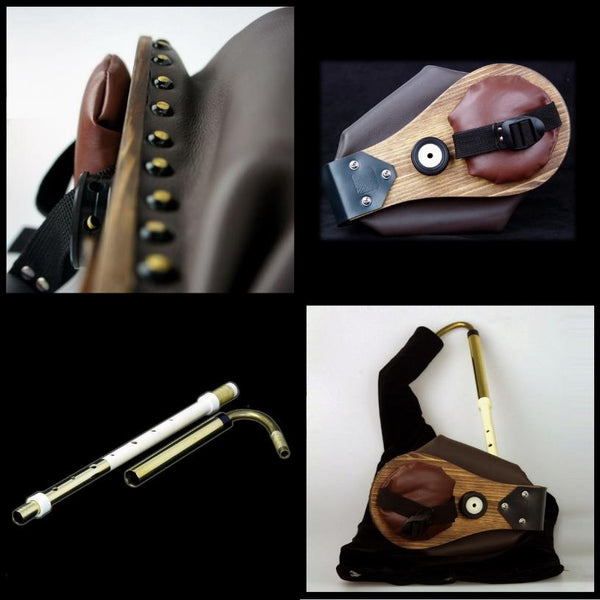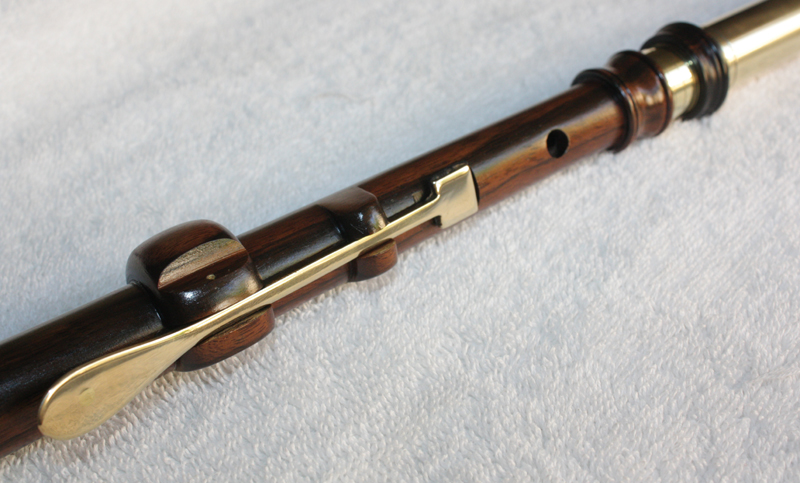



GNP had previously demonstrated its expertise in producing and marketing science fiction film soundtracks and executive album producer Neil Norman had proclaimed the film (and the soundtrack) his favorites. Later, the Barrons turned over their audio creation to GNP Crescendo records for distribution.
Chiff and fipple electronic pipes movie#
During the preview of the movie when the sounds of the spaceship landing on Altair IV filled the theater, the audience broke out in spontaneous applause. The music and the sound effects stunned the audience. But the couple would not budge, and took the work back to their New York studio. The studio wanted to move the couple to Hollywood where most of the film scores were produced at the time. After the producers heard the initial sample score, the Barrons were assigned an hour and ten minutes of the rest of the film. Louis and Bebe Barron were brought in to do only about twenty minutes of sound effects. "The producers of the film had originally wanted to hire Harry Partch to do the music score. Much better that way than, say, saxophone, trumpet, or piano. I've played whistles in various Irish and neo-Celtic and entirely never-been-Celtic bands and informal jam sessions for maybe 25 years now, and it's been very adaptable.Īlso quiet enough that you won't have family or neighbours beating on the walls quite so soon in your practice sessions. And whistle is a useful crossover instrument in all manner of folk musics, playing roughly in the same range as a violin (a piccolo, actually), filling a gap in the audio texture when everyone else is either playing guitars or singing. The couple of whistles I play (they seem to breed and multiply) each cost under $15, and are exactly the same models used by some of the very biggest name players in Irish Traditional music in their most iconic recordings.Īnd if you like Irish Traditional music - or its derivative generic Celtic genre - there's a vast community online to find you a ridiculous # of tunes to play, styles to emulate or curse, austere traditionalists through to iconoclastic It's technically simple to become a mediocre but competent player - they teach whistle in Irish schools to elementary age kids - but is a refreshingly steep climb to really master. And while one can spend stupid amounts on custom-made whistles made in various more exotic materials to much greater tolerances. made by Generation, or Feadog, or etc) are cheap - so if it isn't for you, you're out very little money. For what it's worth, training yourself to control the very modest breath requirements of a whistle will probably be good and fruitful exercise for your breathing apparatus, and make it work better for, uhm, breathing. If you push too much air through it (more than the very minor increase needed to flip from the lower octave into the upper), the thing will squeak and shriek in different harmonics, and sound quite different from what you'd wanted anyway. A whistle in "D" is the most common, and quite moderate in air requirements. One of the best players I know - brilliant old Irishman - has very little breath himself. Yeah, I know you say you haven't much breath, but a tinwhistle takes very little breath.


 0 kommentar(er)
0 kommentar(er)
